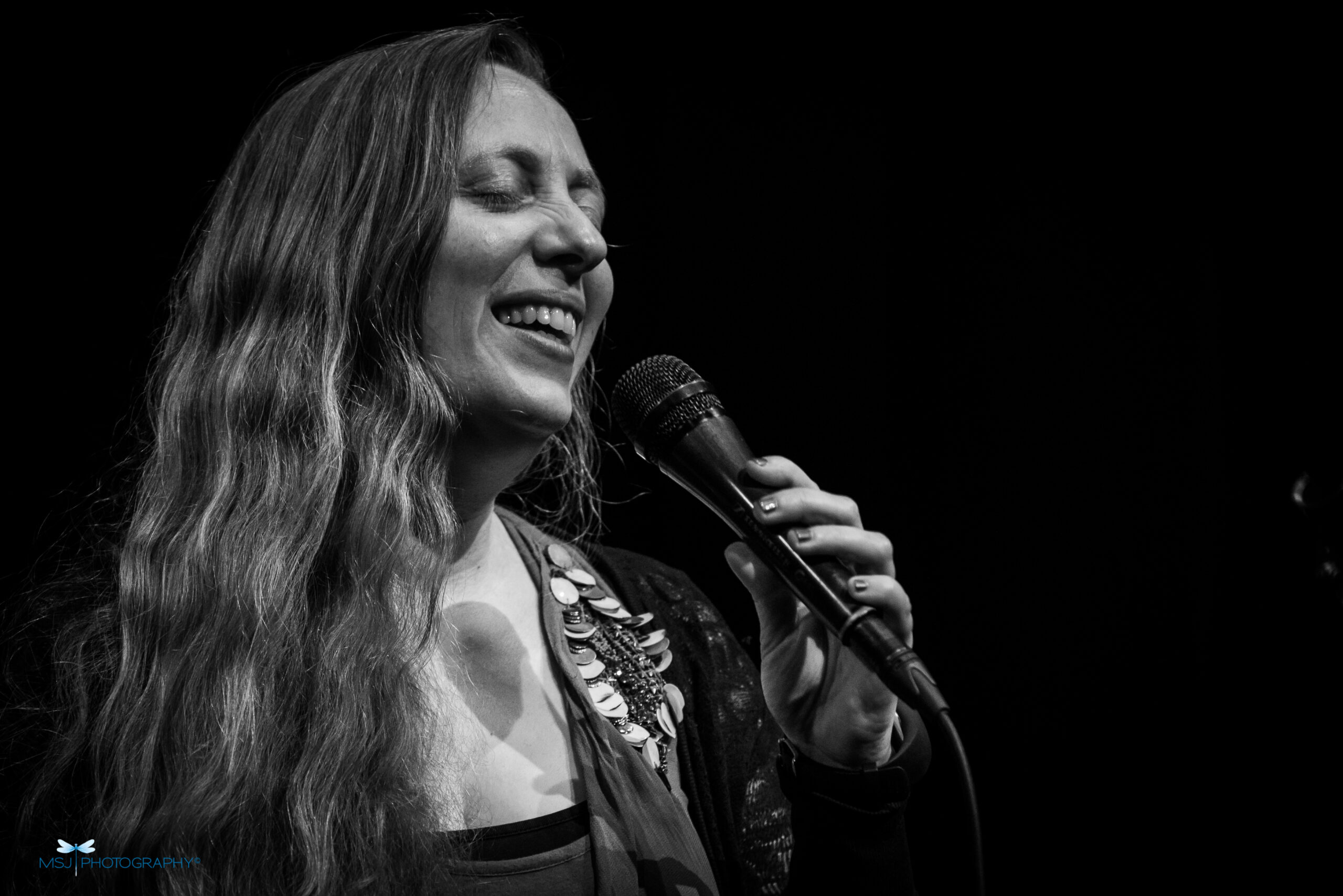In this episode I’m welcoming Brigitte Beraha, improvising vocalist and composer. She is one of the leading talents on the UK jazz scene and has recorded a number of critically acclaimed albums both as leader and as part of collaborative projects such as Babelfish, Solstice and Red Skies Trio, with the latest under her name, Lucid Dreamers, adventuring into the realms of electronic exploration.
UPCOMING GIGS: Solstice album launch – Tuesday 28th September 2021 & Babelfish – Sunday 26th September 2021 both at Pizza Express Dean Street
Connect with Brigitte:
WEBSITE https://www.brigitteberaha.com/
FACEBOOK https://www.facebook.com/Brigitteberahamusic
BANDCAMP https://brigitteberaha.bandcamp.com/
YOUTUBE https://www.youtube.com/user/Berahamusic
SPOTIFY https://open.spotify.com/artist/1zVYx4cMHEkVqbkvEt2be4
Picture by Monika Jakubowska

